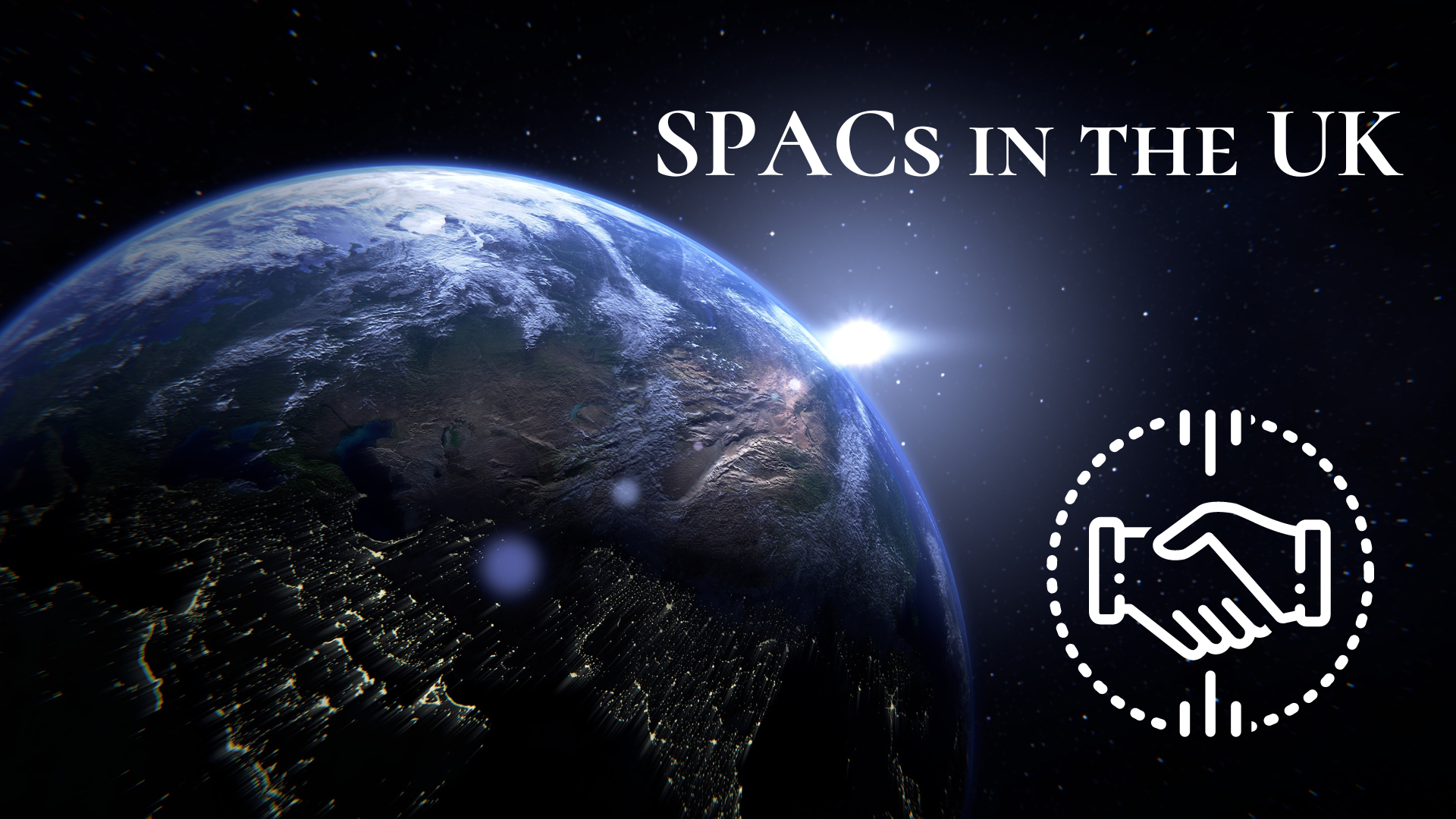What Is Happening to SPAC in the UK Industry in 2022
9th Oct 2022
Following the SPAC frenzy of 2021, with nine space companies going public through mergers with blank-cheque companies, 2022 has seen just two deals closed – Satellogic and Terran Orbital. Many other companies with an initial plan to merge with a SPAC this year refused to complete the transactions.
At the end of August, we covered the news about the termination of D-Orbit with Breeze Holding Corp., as announced by Seraphim Space Trust. D-Orbit is an Italian space logistics provider with a subsidiary in the UK based in Harwell Campus. Though the deal was cancelled, Seraphim Capital remains optimistic about the future prospects for D-Orbit. Apart from D-Orbit, the US-based weather satellite company Tomorrow.io has terminated its merger plan with Pine Technology Acquisition Corp. Both companies indicated the state of the financial market as a reason for terminating the deals.
We’ve taken a look at what has changed in the market and why some space companies have decided not to engage in SPAC deals.
The Reasons Behind the SPAC Crash
The most obvious reason behind this fall in interest is the overall downswing of the SPAC markets. After the impressive 638 SPAC filings in 2021 with a total value of $143 billion, 2022 seemed be set to become another bumper SPAC year. However, at the beginning of 2022, markets crashed. Experts cite changes in market conditions, the introduction of stricter regulations, and the outcomes of previous SPACs among the reasons for such a decrease.
The major problem with SPACs was that the market got oversaturated with these blank-cheque companies looking for targets. After their investors bought the pretty idea of “investing in a space company”, they had no other recourse than to look for seemingly promising companies just to fulfill their obligation. But it was also about the rewards obtained by those who risked no money. Over this frenzy, investment banks earned billions while retail investors experienced immense losses. Consequently, these losses might have caused declining interest at the retail level over investing in a pig in a poke.
At the same time, the authorities have tightened their grip on SPAC deals. The increased attention from the U.S. Securities and Exchange Commission (SEC) and several litigations have resulted in stricter regulations for mergers with blank-cheque companies. With the increased legal liability of SPACs and their banks, some banks pulled out of the business. More liability also meant lower income for all those involved. And the inflation made investors take their money out of SPACs and direct them to other investments.
The Data from The Market
The statistics are undeniable. According to the PitchBook data, the shares of the companies that went through SPAC during the past two years are down 45%. Despite ten space companies valued at $3.6 billion, only two companies dared to go public in 2022. Of those that accomplished transactions in 2021, Astra Space (down about 92% from its initial price), Momentus (down 83%), Farmer’s Edge (down 97%), Redwire (down 71%), and others have seen their prices dip. The only company that managed to get through 2021 without losses was Rocket Lab, but it has lost around 44% compared to its starting price.
Despite such an ending for 2021, Satellogic went through the SPAC procedure in early 2022. Since then, the company has lost around 44% of its price. Terran Orbital, public since April 2022, has lost a bit over 53% of its share values.
What about a SPAC in the UK
To a large extent, the UK stood aside from the SPAC frenzy and managed to not keep pace with the US market. In August 2021, the Financial Conduct Authority in the UK introduced new rules regarding SPACs and their targets. The measures to protect retail investors included redemption rights for investors before any acquisition, requiring shareholder approval for the acquisition, and limiting the period the SPAC can operate if no acquisition takes place. The FCA claimed that it engaged in these changes to make the UK a more attractive space for SPACs. However, some UK-based companies chose to list on the exchanges in the US, which indicates that the move seems to not have worked as hoped.
The doubt over the changes’ efficacy holds for the space industry in particular. None of the UK-based companies have gone via the SPAC procedure so far. Actually, hardly any British space companies are publicly listed. Among those space market players who went through an IPO, Iridium Communications Technologies, Spire Global, and AAC Clyde Space have subsidiaries in the UK. As of now, the space industry scene in the UK might seem too young to engage public capital. Two of the oldest UK-based companies – Reaction Engines and Surrey Satellite Technologies – remain private.
Maturity, or vision
On the one hand, the UK has a bunch of innovative companies worth investors’ attention that could significantly benefit from going public. Actually, Reaction Engines seems to be willing to get listed, following the claims about the pre-IPO funding round. Meanwhile, companies fighting to become the first in the UK to launch a rocket from UK soil could well become targets for blank-cheque companies. Skyrora and Orbex might benefit from extra investments to bring their products to the market faster, ultimately raising the UK’s role in the global space industry. The same could be said about the UK spaceports – some could offer unique launch opportunities and strongly benefit from additional funding.
On the other hand, the relatively young age of most UK-based space companies might be a barrier for the companies going public, especially as they are working hard to bring their products to the market. London is traditionally known to host more “old economy” companies. Shiny startups tend to prefer the US due to easier procedures. Regardless, this flowering of uncertainty about companies at the initial stages of development might discourage investors, especially retail investors, from putting their money in a company with a limited history and untested technology.
But all of this is to change in the future. With the boost to the new space economy in the UK from private investors, long-established companies and government institutions, the UK space companies with solid products have every chance to get their share of the market without going public. But we hope that we will see some of the great British space companies publicly listed.






Thank you for your comment! It will be visible on the site after moderation.